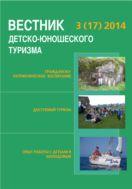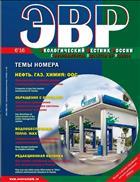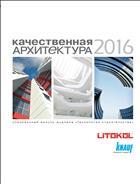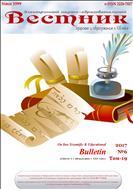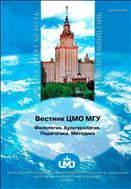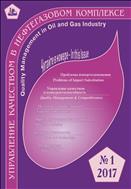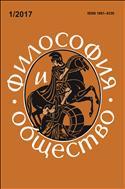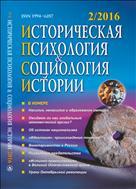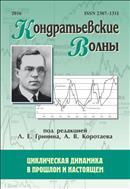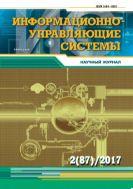The doctrine of “common territory” versus “terra nullius”: political geography in the political and legal context of Spitsbergen’s status in the late 19th century // IOP Conf. Ser.: Earth Environ. Sci. 180 012002The doctrine of “common territory” versus “terra nullius”: political geography in the political and legal context of Spitsbergen’s status in the late 19th century // IOP Conf. Ser.: Earth Environ. Sci. 180 012002 
The role of scientific and commercial development in the modern status of Spitsbergen cannot be overestimated. The archipelago development before the signing of a treaty in 1872 between Russia and the Swedish-Norwegian Union was the conflict issue undermining the “terra nullius” doctrine, which was put into circulation in the first half of the 20th century to justify the “sovereignty” of Norway on this territory in the future. At the same time, several centuries before that, the Russian Pomors, Danes and others were actively developing the archipelago, and it is confirmed by historiography and modern archaeological data. For a long time, the phenomenon of diplomatic correspondence between Russia and Sweden-Norway, known as “Agreement of 1872”, did not receive sufficient coverage in scientific and legal literature. It seems extremely interesting from the standpoint of an alternative interpretation of the events related to Norwegian activation of fisheries in the Svalbard waters (this is how the archipelago is designated in the official documents of the Norwegian government) in the late 19th century – the early 20th century. The “common land” was the naming of Spitsbergen in the “Agreement of 1872”. The article examines the political and legal consequences of the “terra nullius” concept and its use for the archipelago status since the signing of the Treaty in 1920, including gradual extension of the Norwegian national law to replace the international treaty regime. The expansion of the 200- mile “fishing zone” and the adoption of the “Mining Charter”, which was, in fact, an intrinsic act, were the politico-geographical consequences of the “no man's land” concept, erroneously or deliberately used when signing the treaty in the early 1920s. Итого: 80.00руб. Купить Вы можете купить электронную версию издания «The doctrine of “common territory” versus “terra nullius”: political geography in the political and legal context of Spitsbergen’s status in the late 19th century // IOP Conf. Ser.: Earth Environ. Sci. 180 012002». После оплаты (для архивов) оно будет доступно в Личном Кабинете в разделе «Электронные издания». В случае оформления подписки, издание будет доступно по мере поступления от издателя. Формат PDF/HTML online. Стоимость — от 80.00 руб. |











